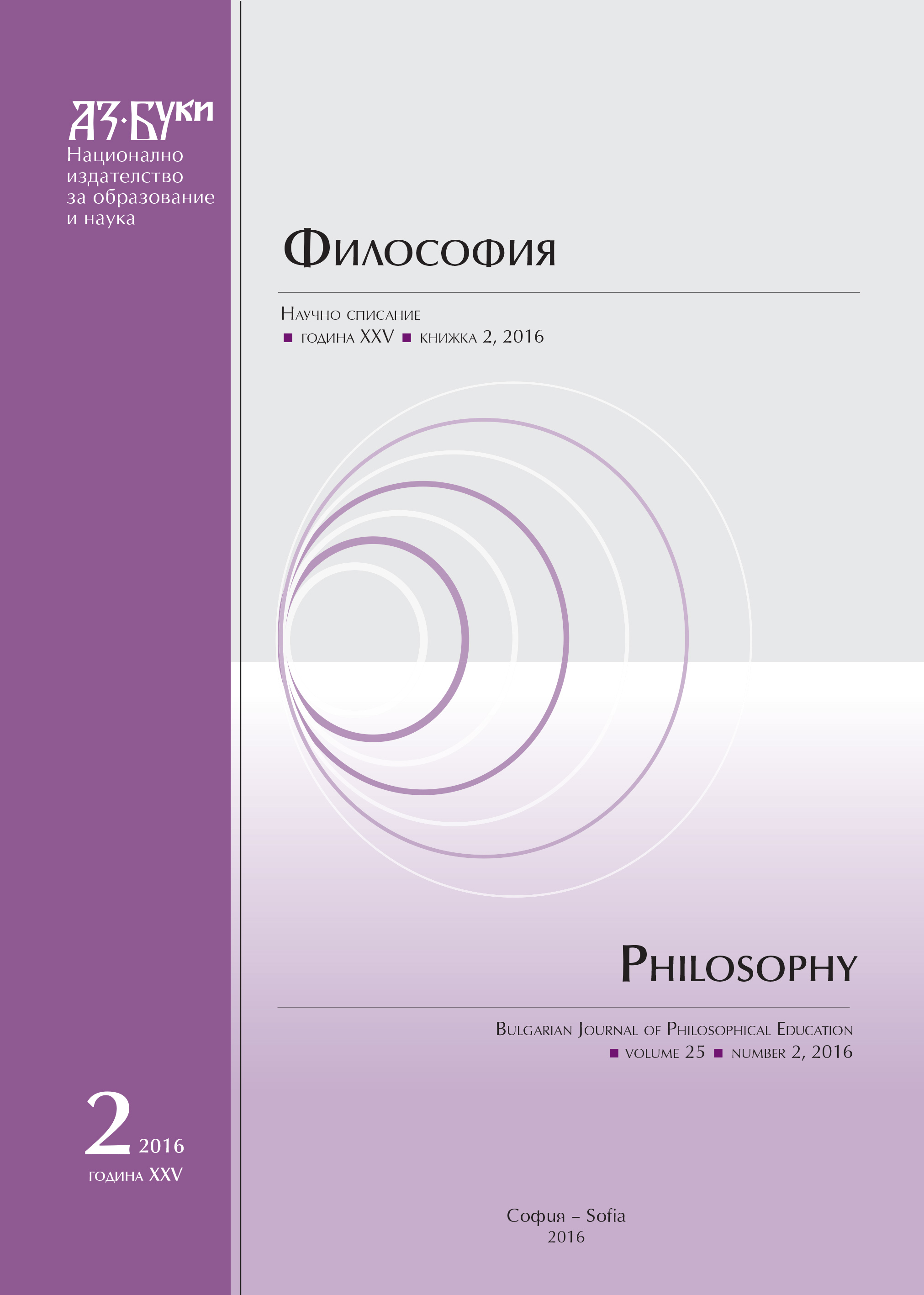Априорното във философия на религията: Ранният Рудолф Ото
A priori in the Philosophy of Religion: Early Rudolf Otto
Author(s): Miroslav BachevSubject(s): Christian Theology and Religion, Philosophy, Social Sciences, Education, History of Philosophy, Philosophical Traditions, Metaphysics, Epistemology, Theology and Religion, German Idealism, Philosophy of Mind, Phenomenology, Hermeneutics, History of Religion
Published by: Национално издателство за образование и наука „Аз-буки“
Keywords: a priori; numinous; Rudolf Otto; Immanuel Kant
Summary/Abstract: The quest for a priori principle in religion is especially active in the German Enlightenment. Immanuel Kant is one of the first, who makes effort to justify religion as a natural religion (religia naturalis). After Kant the issue about the aprioristic status of the religious is discussed by Jakob Fries, Ernst Troeltsch, Rudolf Otto and others. Our main thesis is that the idea of the religious a priori in early Otto is formed on the basis of Jakob Fries and Wilhelm De Vette’ philosophies, while in the “The Idea of The Holy“ (Das Heilige, 1917) Otto relies almost fully on Kant, particularly on its epistemological and aesthetic ideas.
Journal: Философия
- Issue Year: 25/2016
- Issue No: 2
- Page Range: 127-137
- Page Count: 11
- Language: Bulgarian
- Content File-PDF

